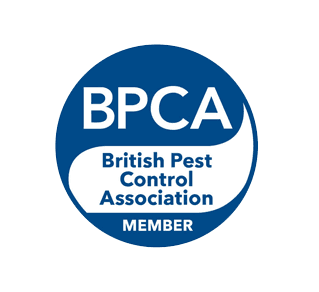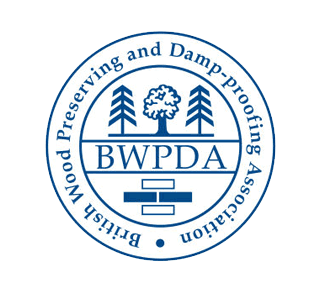Rat Pest Control Specialists
Behaviour
Rats typically do not travel great distances, usually occupying a territory of 100 to 250 metres, although they have been known to travel as far as two kilometres (1.25miles) in search of food.
Rats spend most of their life at ground level moving within an established series of definite routes and trails. Rats consume on average 10% of their total body weight per day feeding almost completely from one or two sites a night. Rats locate themselves in areas of good cover so they can safely move between feeding, nesting and watering site.
Biology
Rats are equipped with powerful jaw muscles and two pairs of sharp incisor teeth which enable them to gnaw through various materials including water and gas pipes and electrical cabling – not only potentially dangerous but also very costly.
They are physically incredibly strong and can leap and climb up vertical surfaces in order to gain access to a building and their burrowing habits can undermine foundations and damage water courses.
They are also capable of spreading many diseases from their filthy surroundings in sewers or refuse tips and can transmit food poisoning, Weil’s disease (from which about ten people and a number of dogs die each year in the UK), murine typhus, rat bite fever, trichinosis and other diseases. They contaminate more food than they consume and their urine can pollute stagnant water.
Protectahome Control
For more information on Pest Control by Protectahome and associated services we provide, please see our Case Studies or to arrange for a Technician to visit a property please Contact Us on 0800 055 6966 or alternatively email us via pestcontrol@protectahome.co.uk









